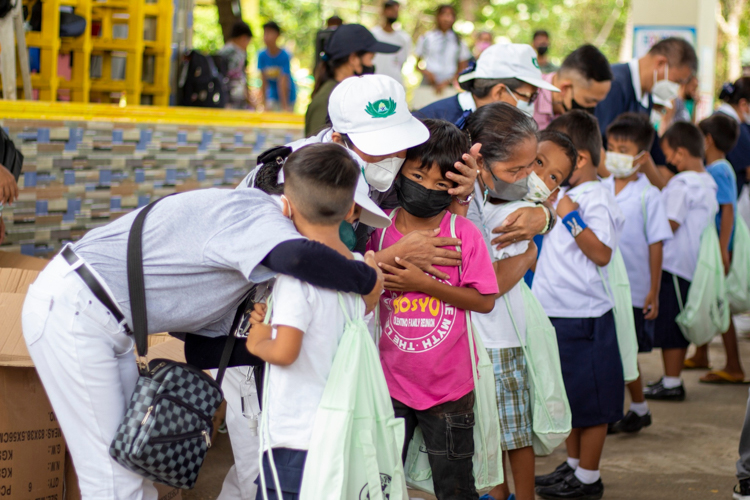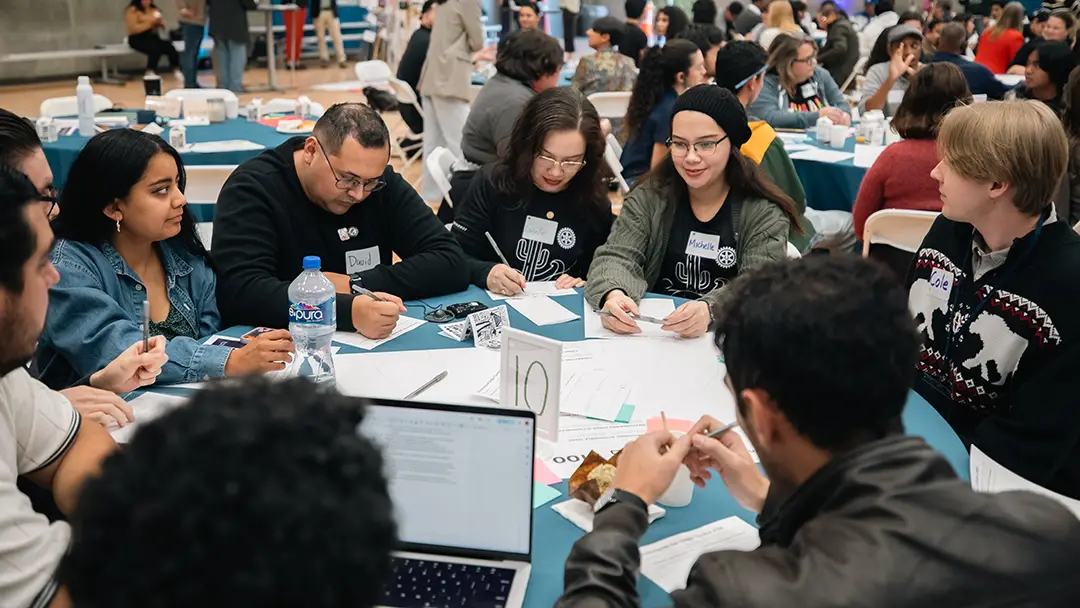
Why It Matters for Youth in the Foster Care System
A community does more than provide a backdrop for growing up—it provides connection, identity, and opportunity. For youth in the foster care system, whose lives may be marked by instability, the presence of a caring community is especially powerful. It offers consistency in a world of uncertainty, helping youth build the resilience they need to face adulthood with confidence.
The Power of Belonging
Youth in foster care often struggle with feelings of isolation. A supportive community can combat this by providing safe spaces where youth feel they belong. Whether through after-school programs, sports teams, or youth clubs, these opportunities help young people form healthy peer relationships and trust adults. > “It only takes one caring adult to change the life of a young person.”
Role Models and Mentorship

Positive role models are essential in youth development. When community members step up as mentors, coaches, or volunteers, they demonstrate that foster youth are valued and capable. These relationships build self-esteem, provide guidance, and offer practical support in navigating education, jobs, and personal growth.
Access to Resources and Opportunities
Communities connect foster youth to resources that promote development. This can include: tutoring programs, extracurricular activities, internships, scholarships, and life skills training. These resources ensure youth don’t just survive, but thrive by accessing the same opportunities available to their peers.
Emotional and Social Development
Youth learn how to handle emotions, resolve conflicts, and build healthy relationships within a supportive environment. Trauma can make these skills harder to develop, but when schools, churches, and nonprofits adopt trauma-informed approaches, foster youth receive the encouragement and patience they need to succeed.
Community Advocacy and Policy Change

Communities play a role not only in direct support but also in advocating for systemic change. Local leaders and residents can push for: better funding for youth programs, housing support, extended foster care policies, and increased mental health services. A strong community raises its voice for those who can’t always speak for themselves.
Lifelong Impact

Supportive communities don’t just impact childhood—they shape adulthood. Youth who feel supported are more likely to finish school, pursue careers, and develop healthy relationships. Most importantly, they grow up knowing they are not alone, but part of something larger.
Final Thoughts: It Takes a Village
The proverb is true: it takes a village to raise a child. For youth in the foster care system, this “village” can be the lifeline that ensures they transition from instability to independence with confidence and hope. Community support isn’t optional—it’s essential for youth development and for breaking cycles of trauma and isolation.





